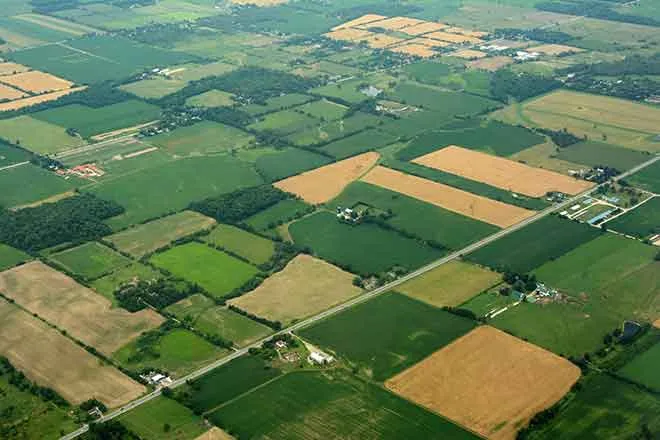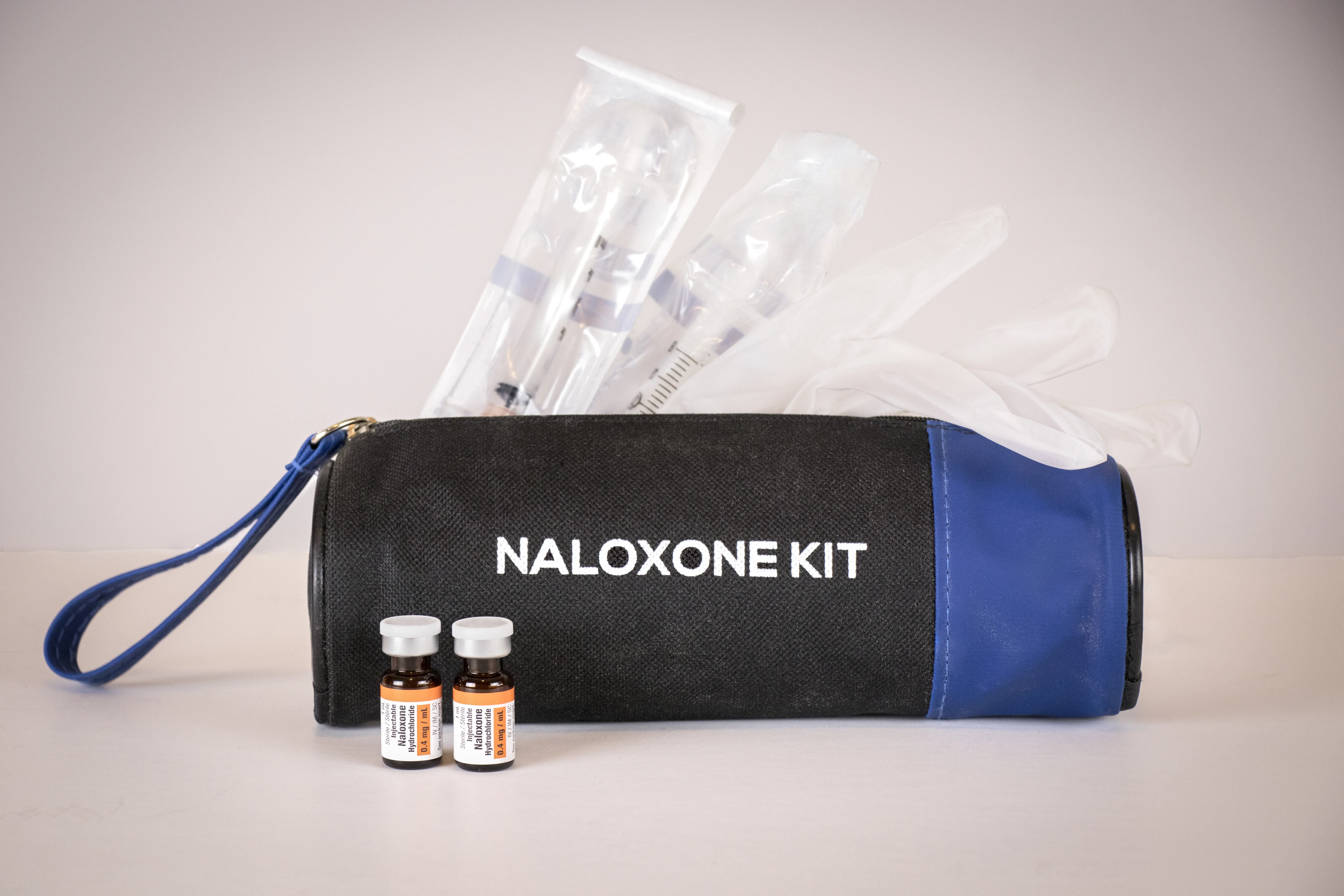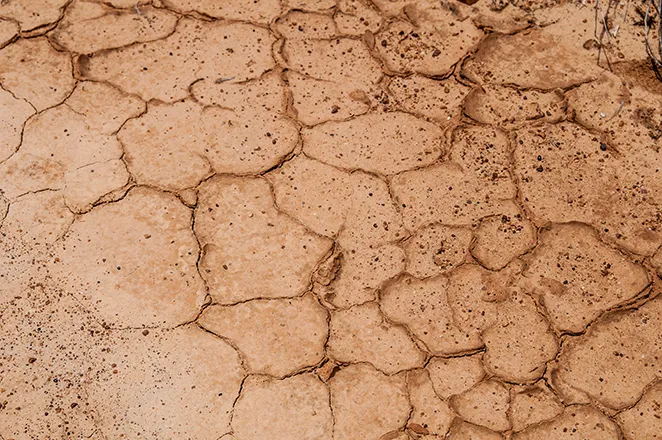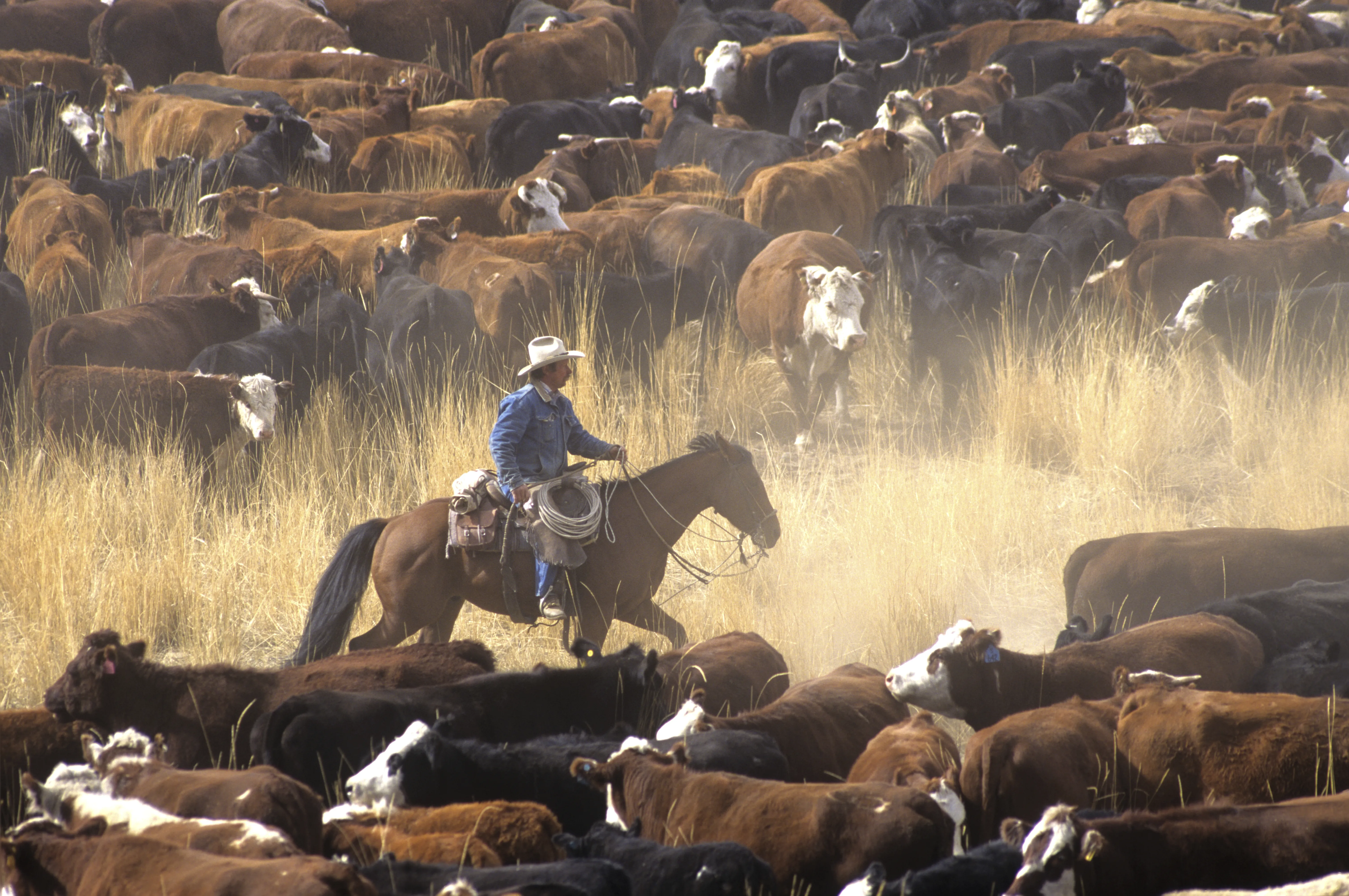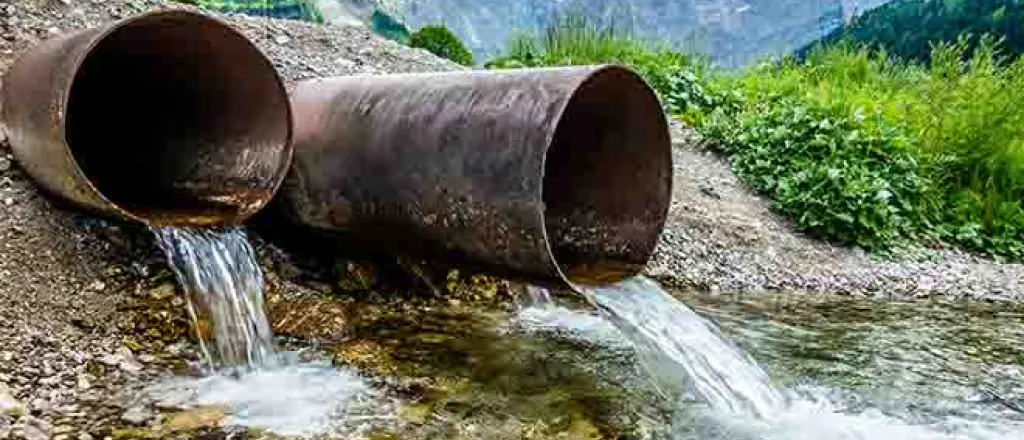
Revised Colorado water plan prioritizes conservation
(Colorado News Connection) A coalition of conservation groups is giving Colorado's revised state water plan a thumbs-up for its increased focus on protecting Colorado's rivers, watershed health, and accessibility for all residents regardless of their ZIP code.
Matt Rice, southwest regional senior director for American Rivers, said the new plan highlights an urgent need to address the impacts of climate change on Colorado's water resources, and lays out a play book for advancing projects, policies and programs to build resilience.
"There's a lot of emphasis put on watershed health," Rice said. "How do we support our forests so they produce more and better water, so they mitigate the impacts of catastrophic wildfire and protect habitat?"
Rice noted the plan's focus on water conservation as a starting point is essential for meeting the state's water needs. This year's higher than average snow pack is not expected to reverse a 23-year drought. Nor is it expected to end warmer summers, slow the evaporation rate or stall earlier water runoff that 40-million people living in the Colorado River Basin states depend on.
The now-official Colorado Water Plan builds on the first iteration created in 2015, which saw about 30,000 people participate. Rice said for the first time ever, policy makers called out the importance of river flows for the environment and outdoor recreation. He added state investments in the plan would help tap hundreds of millions of federal dollars for local water projects statewide.
"We worked hard as a coalition to make sure that the projects that funded environmental benefits, recreational projects, had adequate funding," Rice said. "One of the challenges in the first water plan was that there was about a $3 billion funding gap."
About 70 percent of water flowing through the Colorado River originates in Colorado, and Rice said the state's new plan recognizes the multiple benefits of keeping rivers healthy by keeping them clean, full and flowing.
"River-based recreation, whether that's boating or fishing, is a huge economic driver for rural Colorado. Eighteen billion dollars a year, and that's significant," he said.



